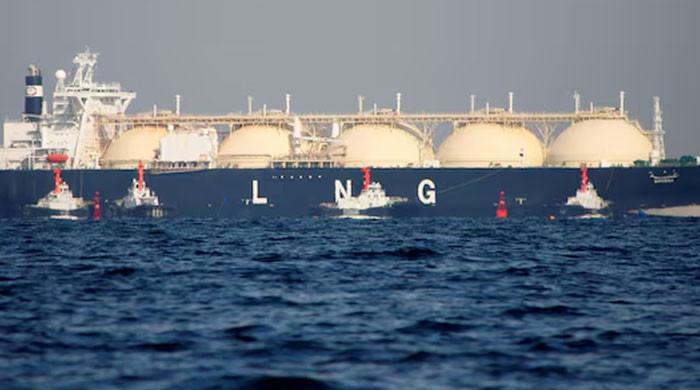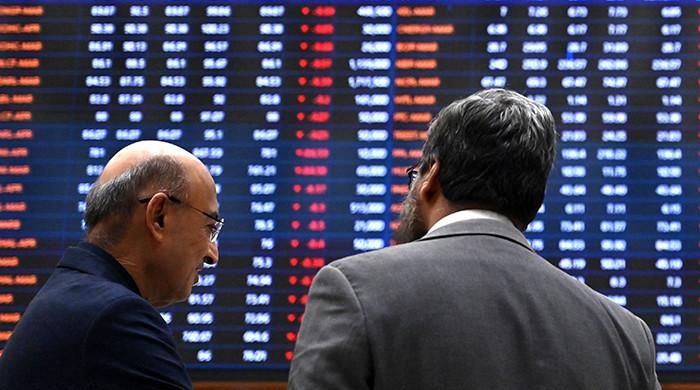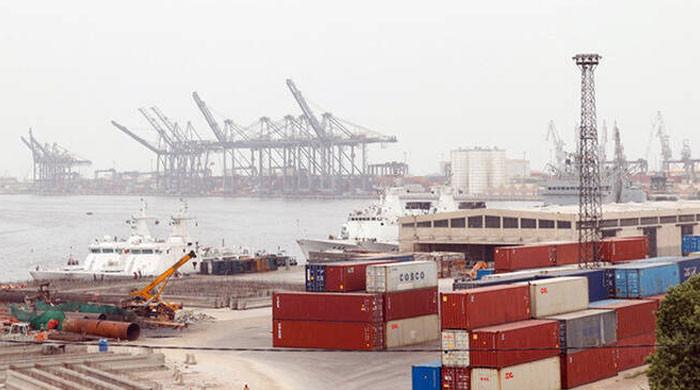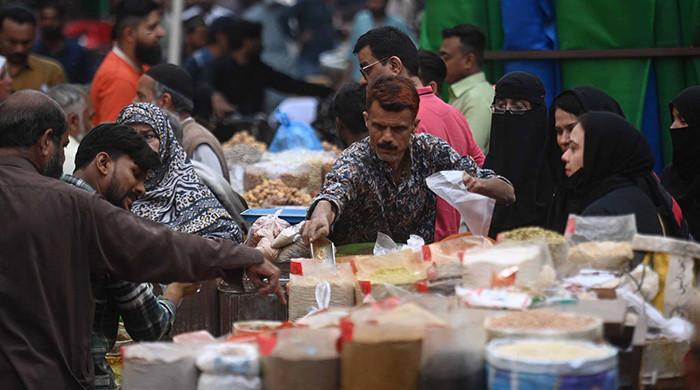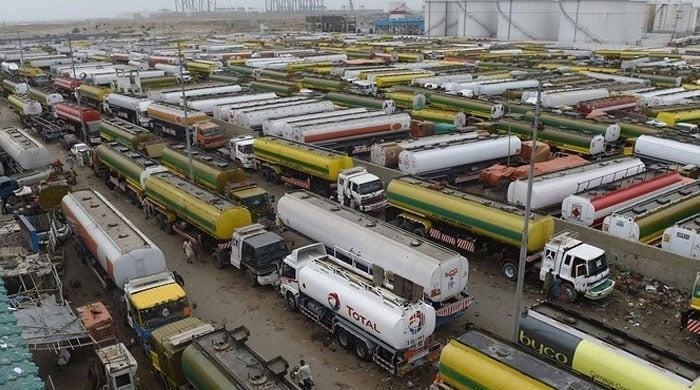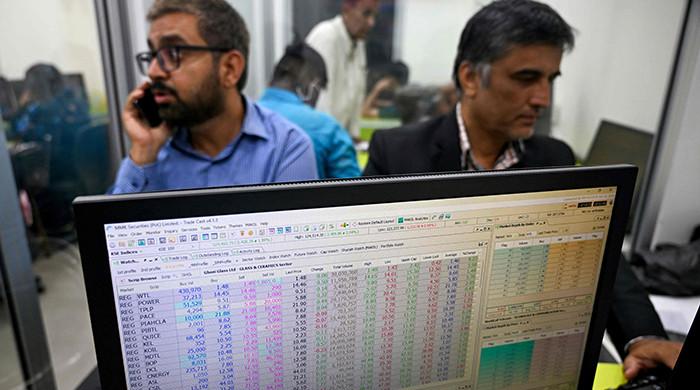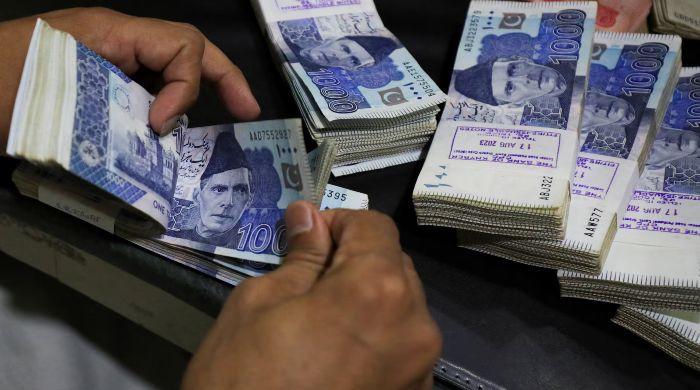Massive increase in power tariff up to Rs7.50 per unit approved
Secretary energy says 55% of electricity consumers will not be affected by the increase
July 22, 2023
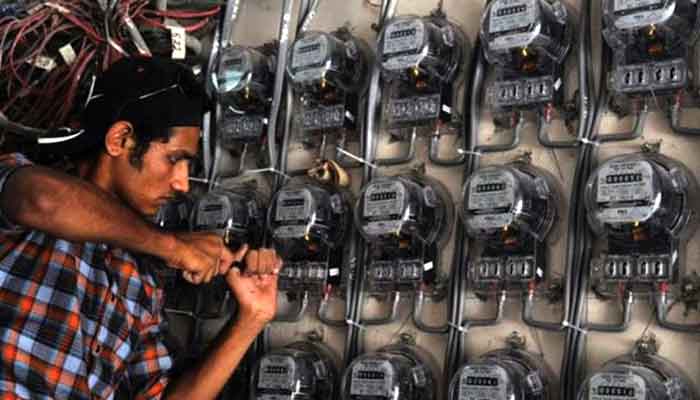
- Increase likley to come into effect from July 1.
- Nepra to hold public hearing on govt request on Monday.
- Govt says tariff hike will only impact 45% of consumers.
ISLAMABAD: The federal cabinet on Saturday gave a go-ahead to a massive increase in the base tariff of electricity by up to Rs7.50 per unit against the national average tariff determination of Rs4.96 by the power regulator.
The approval was given by the cabinet via circulation summary, sources told Geo News and a request has been submitted to the National Electric Power Regulatory Authority (Nepra).
Federal Secretary Energy Rashid Mahmood Langrial said that 55% of electricity consumers would not be affected by the increase.
| Consumer categories | Increase |
| Using up to 100 units | Rs3.0 |
| Those using 101-200 units | Rs4.0 |
| Those using 201-300 units | Rs5.0 |
| Those using 301-400 units | Rs6.5 |
| Those using 401-700 units | Rs7.5 |
Last week, the regulator hiked the tariff to increase revenue collection for the loss-making power distribution companies (Discos) during the current fiscal year.
The hike is set to come into force from July 1 after formal notification by the Nepra following a public hearing.
The federal government sought approval from the cabinet, adjusting different rates of increases for various consumer categories through cross-subsidy, though without affecting the overall revenue requirement.
According to a Nepra statement, the revised national average tariff for the 2023-24 fiscal year has been determined at Rs29.78 per unit kWh, which is Rs.4.96 per unit higher than the previously determined national average tariff of Rs24.82.
While the regulator cited the rupee’s devaluation, high inflation and interest rates, the addition of new capacities and overall low sales growth as reasons behind the increase, it was actually hiked to meet one of the conditions set by the International Monetary Fund (IMF) of introducing structural reforms in the energy sector.
However, the applicable tariff would be much higher after including surcharges, taxes, duties and levies, besides monthly and quarterly adjustments.





